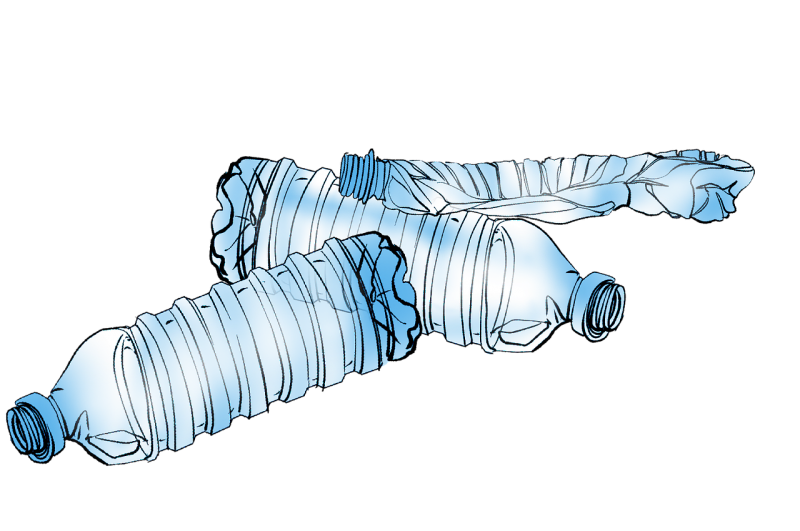Princes to Use 51 per cent Recycled Plastic in Bottles – One of the UK’s key plastic bottle producers is set to use 51 per cent recycled content in all its bottles by September – Princes Recycled Plastic Bottles - Arhive
Princes Recycled Plastic Bottles Princes Recycled Plastic Bottles Princes Recycled Plastic Bottles Princes Recycled Plastic Bottles Princes Recycled Plastic Bottles Princes Recycled Plastic Bottles Princes Recycled Plastic Bottles Princes Recycled Plastic Bottles Princes Recycled Plastic Bottles
Princes to Use 51 per cent Recycled Plastic in Bottles
One of the UK’s key plastic bottle producers is set to use 51 per cent recycled content in all its bottles by September, it was announced today (18 May).
Possibly best known for its tinned tuna, Princes is a European food and drink conglomerate that owns a range of household brands including Branston, Flora and mineral water brand Aqua Pura. For these brands and others Princes is responsible for producing around 900 million plastic bottles every year, seven per cent of the total bottles used in the UK.The company will now work to ensure that at least 51 per cent of the plastic bottles they produce are made from recycled PET (rPET), with a view to achieving 100 per cent recycled content in their bottles as soon as possible.
The company’s Corporate Relations Director, David McDiarmid, explained: “We want to increase the recycled content of all the plastic we use and have been working for some time to implement 51 per cent rPET.
“This is a significant step for not only ourselves, but the wider grocery industry too as we will reach millions of households through our supply of brands and customer own-brand soft drinks and oils.”
Increasing recycled plastic content is a move a number of other companies have already begun to make: Evian has pledged to adopt a ‘100 per cent circular approach to plastic use’ by 2025, looking to redesign its packaging using purely recycled plastic, while Harrogate Water has been using 50 per cent rPET since April and the Co-op is planning to have its own-brand bottles using the same percentage in shops later this year.
In July 2017, Coca-Cola revealed that it will achieve 40 per cent rPET in its bottles by 2020 and will adjust its goal to 50 per cent after campaigners at Greenpeace UK accused the company of lacking ambition. Coca-Cola is also working to develop its own bioplastic packaging alternative, PlantBottle, manufactured using renewable sugarcane from Brazil.
Read more: Retailers make plastics pledges following government call-out
Both Coca-Cola and Co-op work in partnership with Clean Tech, the UK’s largest food-grade rPET producer, which sources used plastic packaging from local authorities and reprocesses it into rPET pellets, which can then be used to make new bottles. A representative from Princes stated only that the company was sourcing its material from a UK supplier.
It may remain some way off, but 100 per cent recycled content is possible and achievable: eco cleaning products company Ecover, for instance, has launched a new bottle for its washing up liquid which is made entirely from post-consumer recycled plastic, and plans to make all of its bottles from the same material by 2020.
However, producers do have to consider that the higher the content of rPET, the ‘cloudier’ the final plastic product will be, something that might give pause to food and drink producers wanting the most aesthetically-pleasing product. The Co-op, however, said it would treat the greyish colour of its 50 per cent recycled bottles as a ‘badge of honour’ to prove its green credentials.
Some smaller companies have taken things a step further than the big multinationals: Frank Water, a Bristol-based charity funding safe water and sanitation projects through the sale of bottled water, has switched entirely to glass bottles, an announcement that led to a 35 per cent drop in sales overnight. This drastic approach is not a feasible option for all businesses, and many consumers remain loathe to give up their use of plastic bottles completely, as a recent survey by Keep Britain Tidy reveals.
While Resources Minister Therese Coffey suggested in January that Defra is “considering whether we should set regulatory limits on the proportion of recyclate going into materials”, voluntary measures by retailers are currently the driving force behind change around plastics in the UK. The UK Plastics Pact, launched on 26 April to widespread acclaim, is an agreement by businesses across the industry to eliminate ‘unnecessary’ single-use plastic packaging by 2025 – although a goal of 30 per cent recycled content in all plastic packaging is lower than many individual signatories’ own commitments.
Also in recent news, supermarket chain Iceland has been the first in the UK to adopt a plastic-free label on its packaging, to help consumers make more environmentally-conscious purchases.


